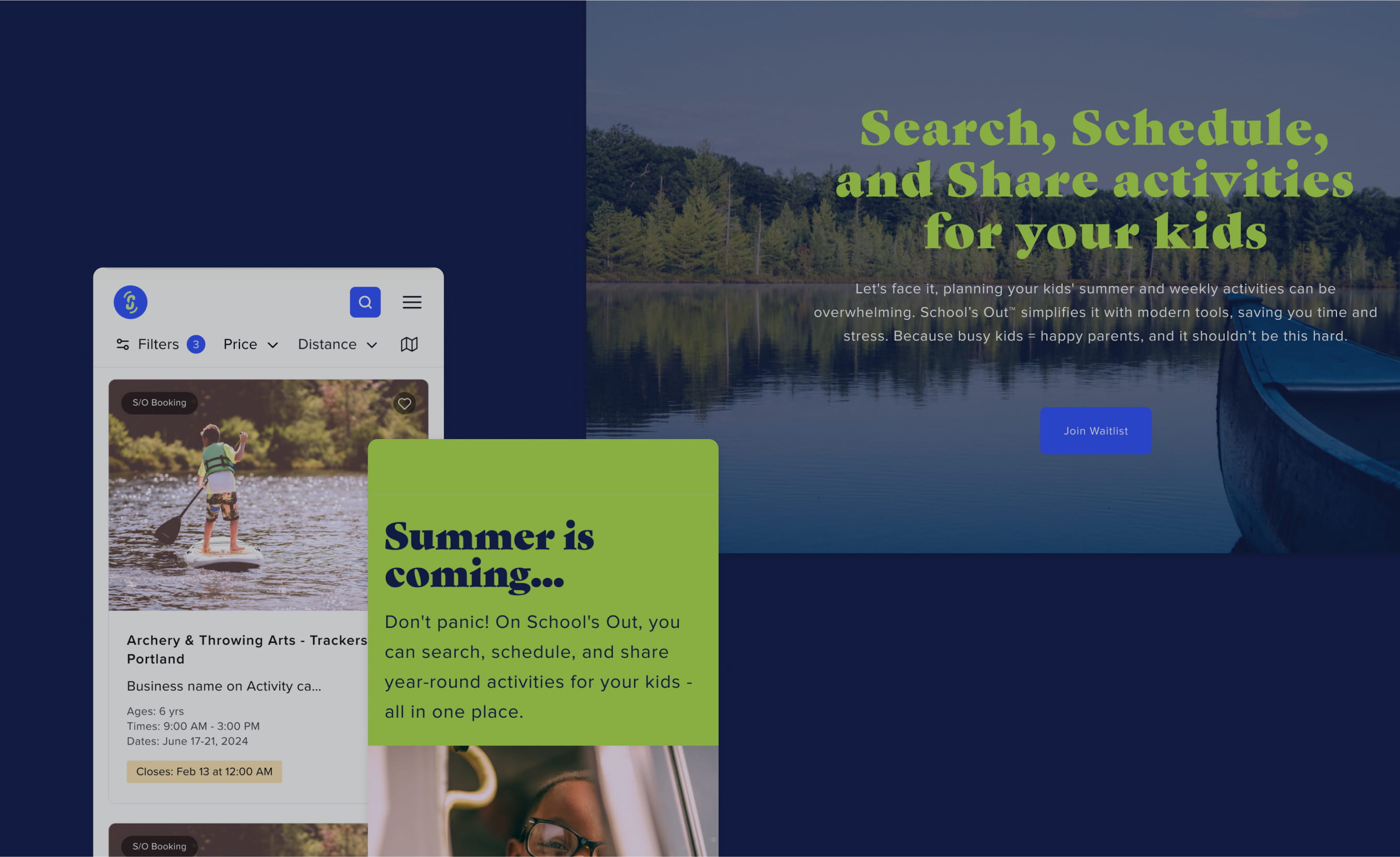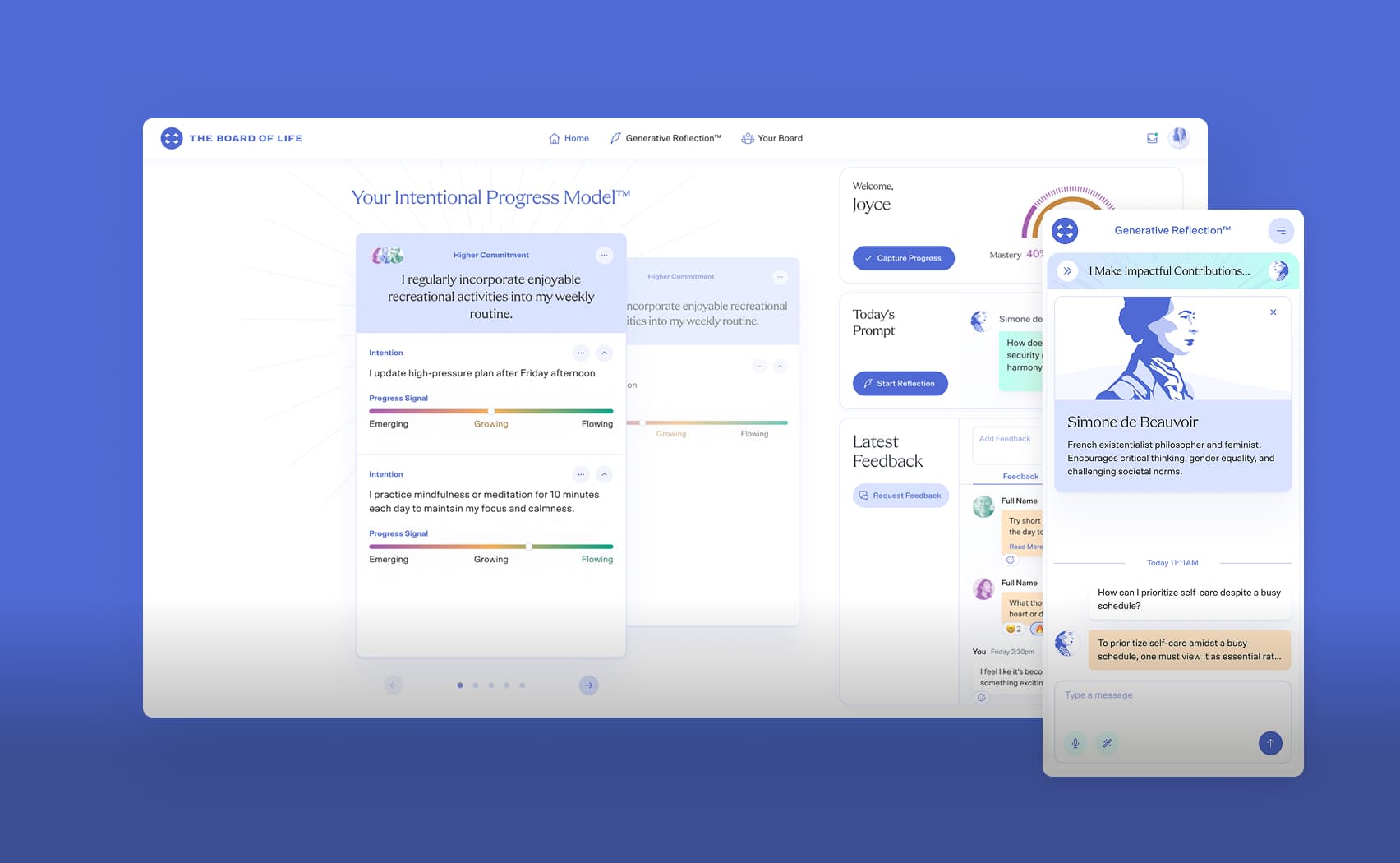Is Ruby Still Alive in 2023?
Rumors of Ruby’s death have been greatly exaggerated.
While Ruby has its competitors, over 1 million live websites are currently running on Ruby. And several major companies, including Airbnb and Shopify, were developed using Ruby.
Now 27 years old (old enough to vote!), Ruby is as alive as ever. Nearly two decades of growth and development have made it a powerful tool for building web applications.
Some of the biggest reasons why Ruby is still alive in 2023 include the following:
- The Rails Foundation
- Major company usage
- Open source community
- Happiness first design
- Integrated testing
- Full stack tools

ⓒ RubyOnRails.org
The Rails Foundation
In November 2022, the Rails Foundation was launched with an initial fund of $1 million. Its mission is to “improve the documentation, education, marketing, and events” in the Ruby on Rails ecosystem.
The Rails Foundation aspires to make the framework even more accessible to a wider audience than before. This will no doubt have the effect of making Rails more popular.
One concern that many people have had is that Ruby can look like an old, outdated framework with poor documentation. Having 27-year-old documentation could be off-putting for new developers. But with new updates, Rails will be as modern as any alternative.
Funding for the Rails foundation comes from several sources, including big corporations like Shopify and GitHub. This signifies that those companies are committed to Ruby, and have skin in the game for the long haul.
Major Company Usage
Besides the companies supporting the Rails Foundation, other major corporations are indirectly keeping Ruby alive by using it. These include:
Together, these companies are worth more than $115 billion. The fact that they rely heavily on Ruby for their operations means that Ruby is anything but dead. Until they go bust or switch frameworks, Ruby will be alive and well.

ⓒ Top Ruby Companies
Open Source Framework
Ruby is and always has been an open-source framework. This means that Ruby is not vulnerable to the problems associated with proprietary software.
So long as there are developers interested in working on Ruby, Ruby will continue to exist. Ruby cannot be bought out, nor can it go bankrupt.
Because it is open source, Ruby can easily evolve to meet the needs of the future. Developers can fix bugs, add new features, and refactor code without the hassle of dealing with company bureaucracy.
Happiness First Design
Perhaps Ruby’s most striking feature is its fundamental design principle: Happiness First.
When Yukihiro Matsumoto first introduced Ruby in 1995, he had the radical idea that computers should work for humans, not the other way around. To that end, Ruby has been developed to be as easy and intuitive to use as possible. It offers clever and unique features, such as integrated testing, streamlined syntax, and strong metaprogramming capabilities.
Ruby will continue to be popular simply because it is a joy to use. Other languages will grow to feel clunky and unwelcome over time.
Integrated Testing
Ruby on Rails supports integrated testing as one of its core features. It builds skeleton code for tests while you write the main code.
Integrated testing helps developers save time on writing tests. It also makes it easier to review tests for accuracy. And, perhaps most importantly, it ensures that the tests will actually be written in the first place.
Many other frameworks don’t have integrated testing, meaning that developers will have to rely on third-party or in-house testing applications. Synchronizing can be a hassle, and can eat up time while discouraging developers from writing tests at all.

ⓒ Pinterest
Full Stack Tools
Ruby on Rails is a complete package: it gives you all the tools needed for front-end and back-end development.
This means you can use Rails to build whole systems for solving entire problems. Other frameworks may make your mix-and-match parts to get the result you want. This ultimately clouds operations and slows things down.
Ruby fully conforms with REST API standards, making it compatible with all standard web tech, like Javascript, HTML, and CSS. It offers modern, state-of-the-art security.
Ruby at JetRockets
JetRockets builds premium enterprise-grade software for clients in a wide array of industries. Our team has created web applications and mobile apps for everything from finance to tourism to healthcare.
Our specialty is Ruby on Rails development. We continue to use RoR because we know it is a powerful, flexible framework that will be widely used for a long time to come.



